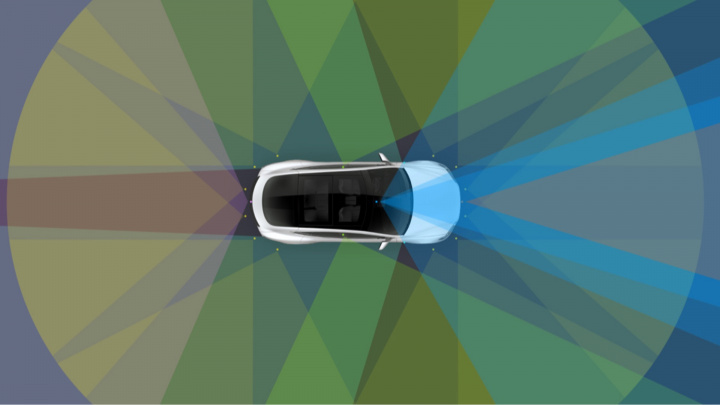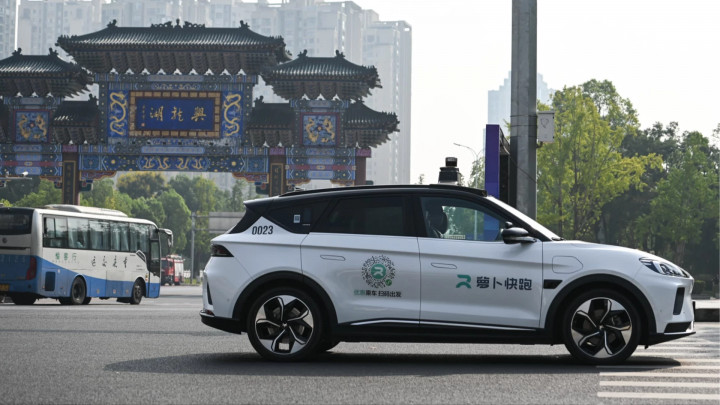Tesla Clears Path for Full Self-Driving Software Rollout in China
Tesla's recent clearing of key regulatory hurdles to offer its Full Self-Driving (FSD) software package in China marks a significant milestone for the company. This development highlights strategic progress and potential impacts on China's electric vehicle (EV) and advanced driver-assistance sectors – the world's largest auto market. It's particularly noteworthy as it shows Tesla's push to enhance its presence amidst strong competition from local EV makers and ongoing regulatory challenges.

Elon Musk's unexpected visit to Beijing played a crucial role in Tesla gaining tentative approval for its FSD system in China. Musk met with high-ranking Chinese officials, including Premier Li Qiang. These meetings underscored the importance of Tesla's initiatives in China and highlighted the company's commitment to complying with local regulations and fostering economic and trade cooperation between the U.S. and China. This green light represents a turning point for Tesla, potentially accelerating the company's growth trajectory in China and improving its competitive position against both local and international rivals.
Full Self-Driving (FSD) is Tesla's driver-assistance program aiming for SAE Level 5 autonomy, where cars would navigate without human intervention. Potential benefits include safer roads, more efficient traffic, increased comfort, and expanded mobility. However, FSD is still under development, requires active driver supervision (currently marketed as FSD Supervised in some regions), and many experts question if it will ever be advanced enough to fully replace human drivers.
Impact on EV and Autonomous Driving Sectors
Tesla's tentative approval to deploy FSD in China is expected to have a profound impact on the country's EV and advanced driver-assistance sectors. This move significantly boosts the adoption prospects of advanced driver-assistance technologies in China, a market showing keen interest in sophisticated ADAS and higher-level automated driving features. Tesla's ability to offer FSD could intensify competition among EV manufacturers, fostering innovation and potentially leading to new business models, such as robotaxis (though true robotaxi operation would require much higher levels of autonomy and separate approvals).
Furthermore, Tesla's collaboration with Baidu for mapping and navigation is a critical component of its strategy to introduce FSD services in China. This partnership allows Tesla to utilize Baidu's lane-level mapping system for navigation, helping to clear regulatory hurdles related to data collection and transfer. It also demonstrates Tesla's willingness to comply with China's strict data security regulations, setting a precedent for other foreign automakers operating in the country.
Despite the approval, Tesla faces challenges and opportunities in the Chinese market. The company must navigate complex traffic conditions, evolving regulatory requirements, and intense competition from local EV makers who are also rapidly developing their own driver-assistance features. However, the permission also offers a significant opportunity for Tesla to gather valuable real-world driving data from its vehicles in China, crucial for refining the algorithms and enhancing the performance of its FSD package globally. Additionally, Tesla's progress with FSD in China could serve as a catalyst for regulatory pathways for advanced driver-assistance technologies in other countries.





